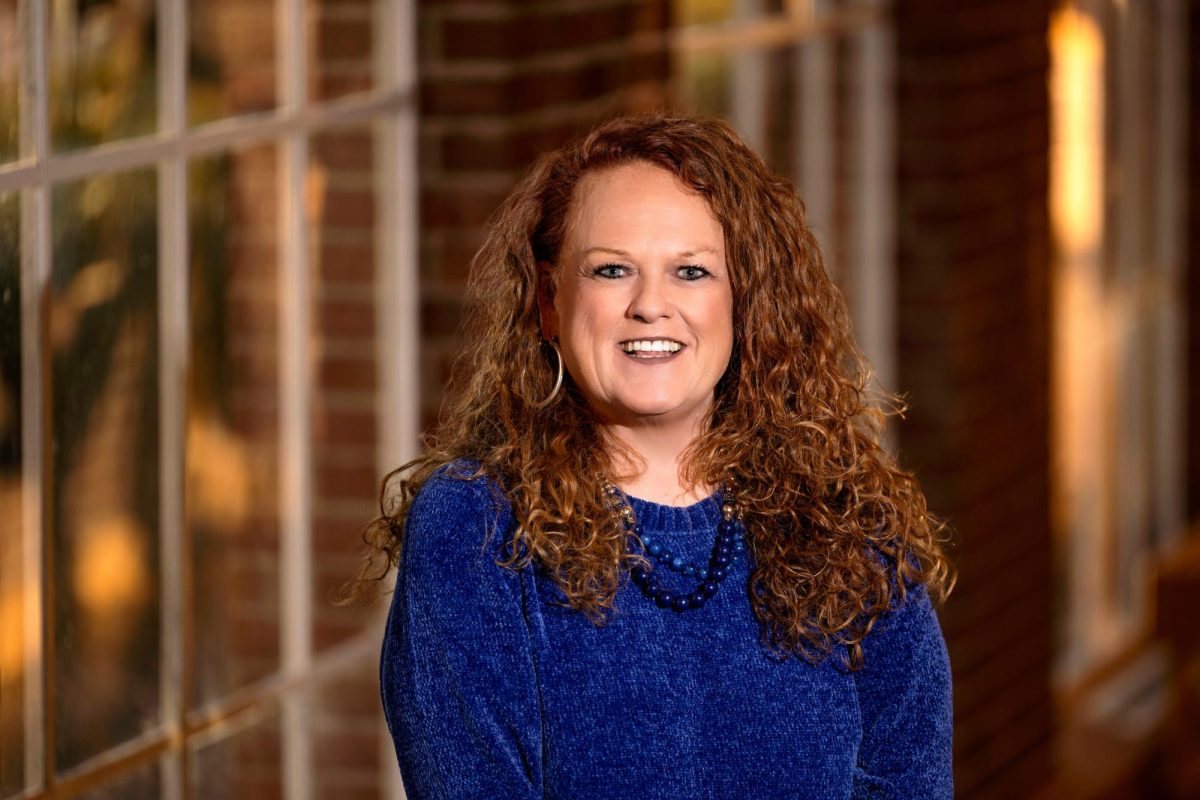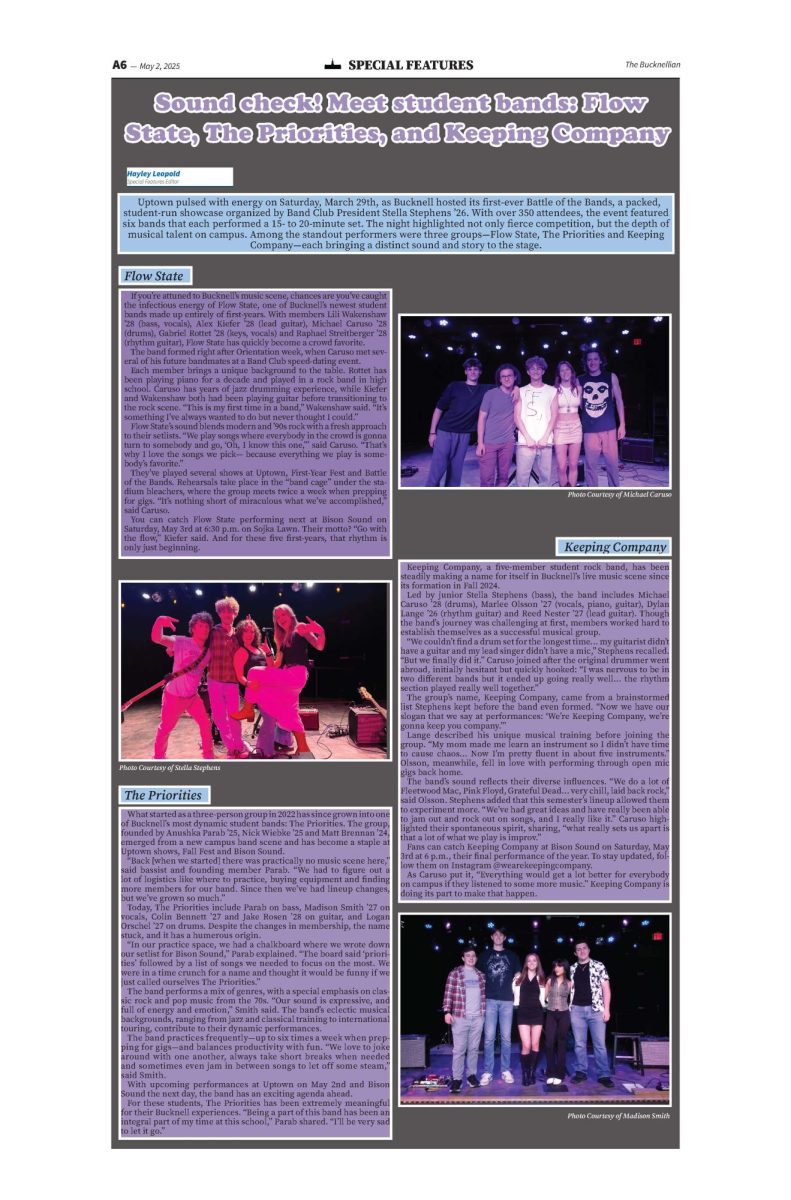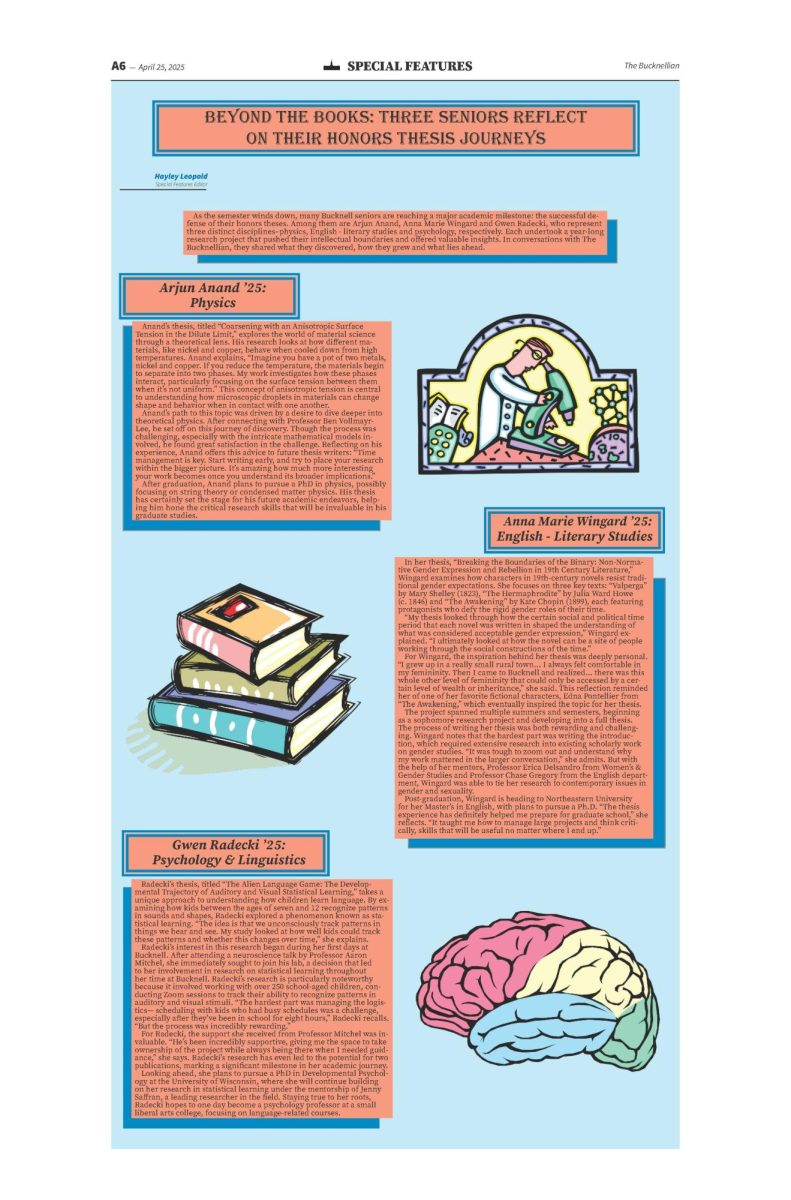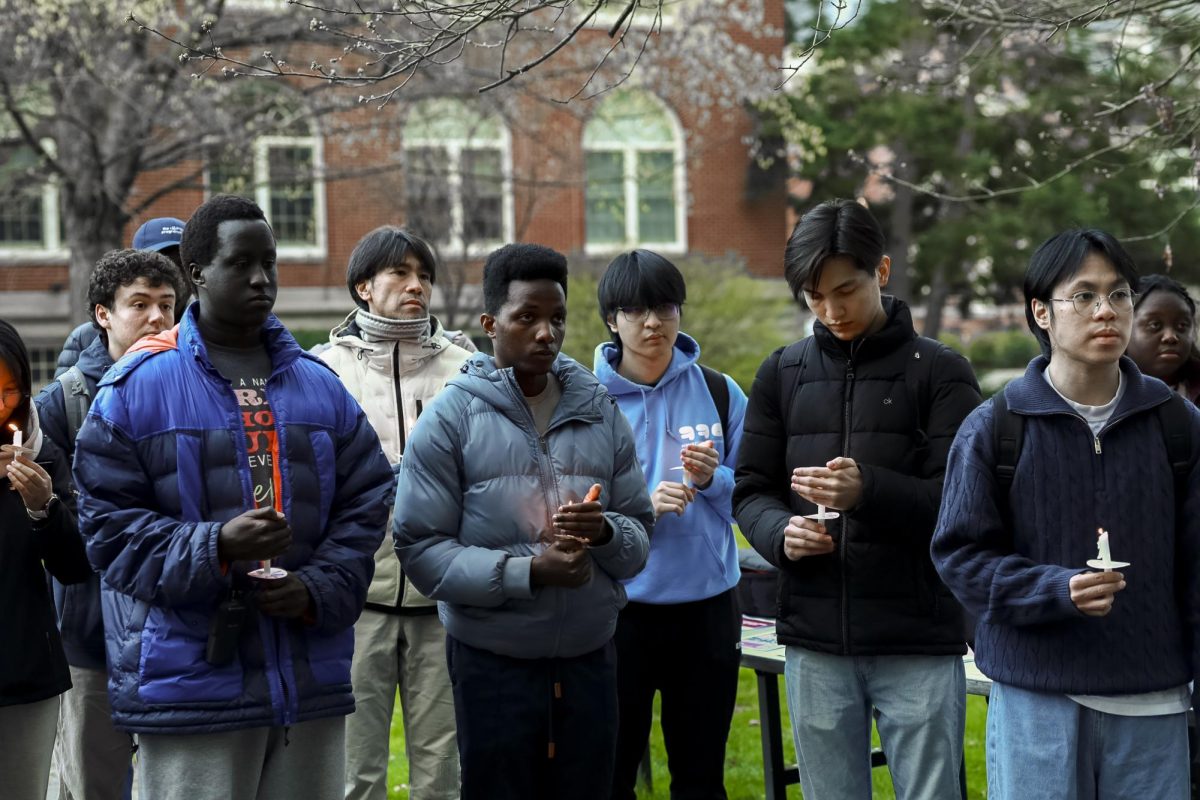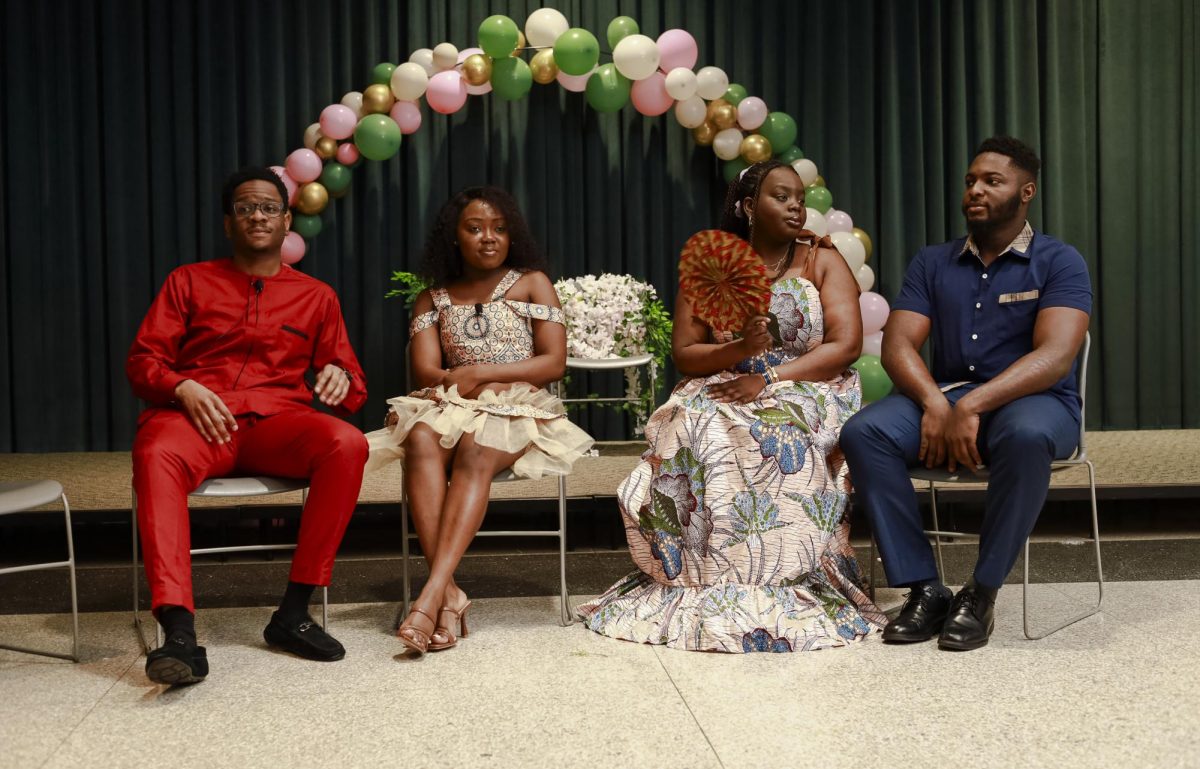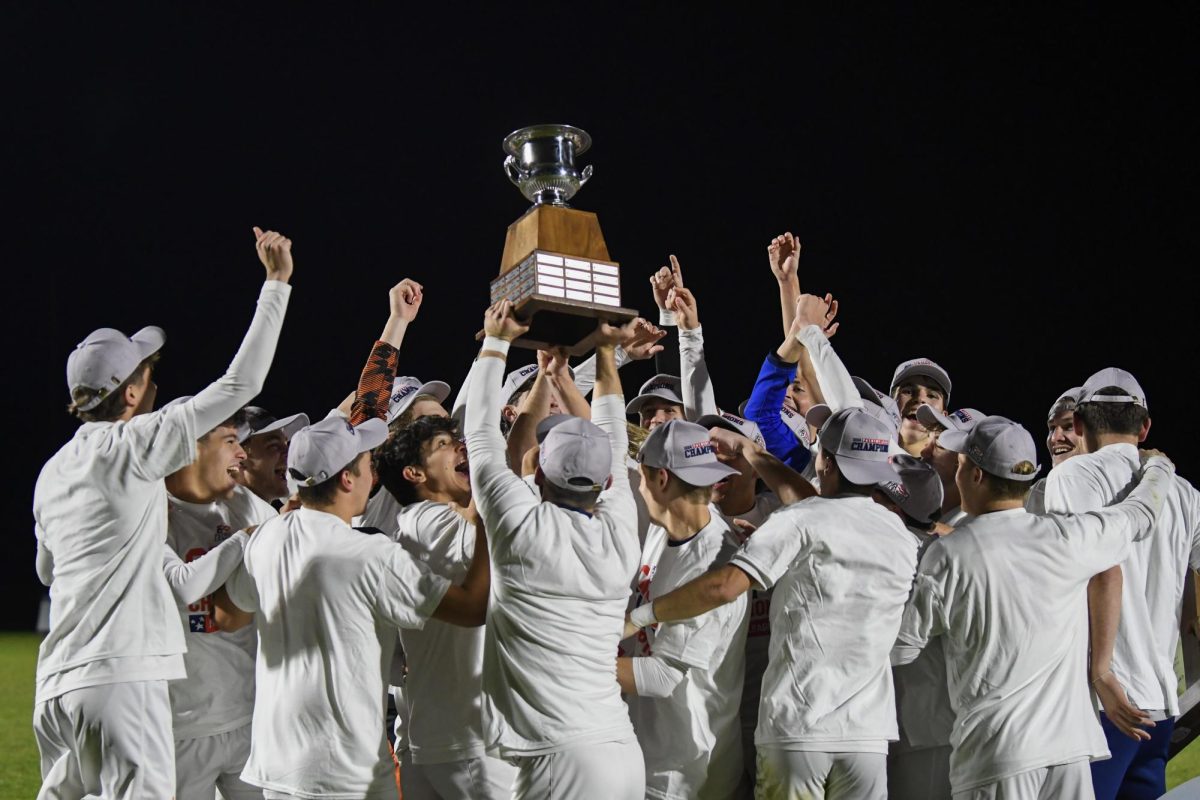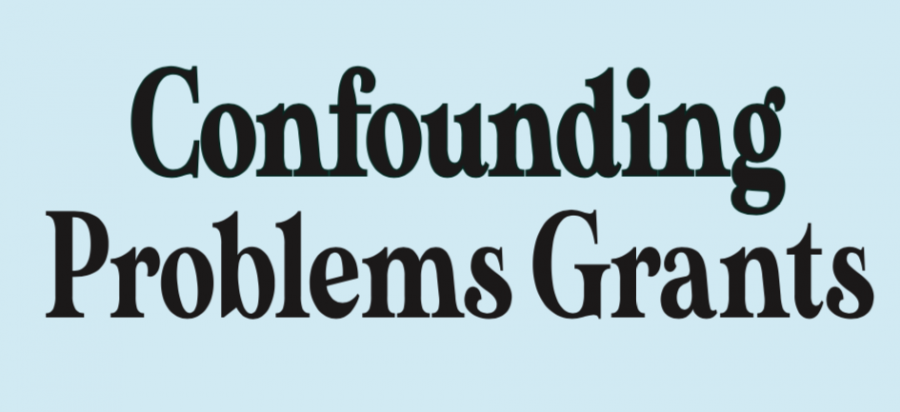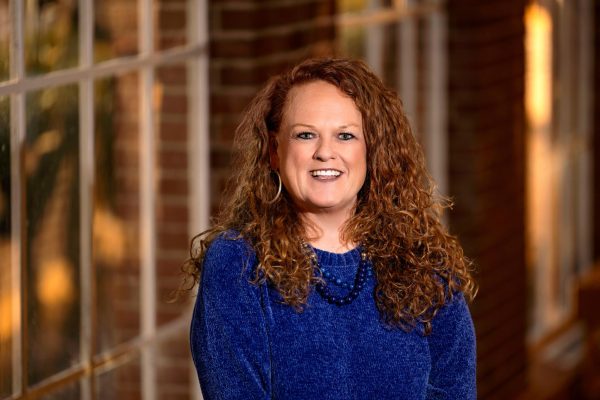Confounding Problems Grants
September 9, 2020
There are many complex problems that warrant attention and research across all disciplines. These problems include issues regarding race, gender, sexuality, gentrification and environmental change.
In order to promote student exploration into relevant topics that may not have easy answers, the University has created several undergraduate research opportunities, which target a variety of interests. Some existing grants for undergraduate research on-campus include: the Bucknell Arts Council (BAC) Arts & Creativity grants, the Bucknell Institute for Public Policy (BIPP) Summer Research Student Fellowship, the Clare Boothe Luce Research Scholars program, departmental research programs and the Brawley Fund, to name a few.
In addition to these research opportunities for undergraduate students, the University also offers makes available the Mellon Confounding Problems Undergraduate Research Grants.
What is a Confounding Problems Grant?
Each research opportunity allows students to generally explore a topic of their interest, which pertains to the design of the grant. Confounding Problems Grants encourage students to examine large-scale problems that can be solved using philosophies and technologies of multiple disciplines, such as environmental change, health and well-being and diversity on campus. These issues do not have simple solutions and are often the result of many smaller problems.
The University, in conjunction with The Andrew W. Mellon Foundation, is offering several grants to faculty, staff and students to develop new curricula in these areas. All students and faculty in good standing with humanities and arts are eligible to apply for receiving these grants. Each student applicant must have a sponsoring faculty member whose primary field is in the arts or humanities.
Confounding Problems Grants for University Members
This year, several Confounding Problems Grants are being offered to faculty and undergraduate students alike. The grants range from funding individual research projects to positions as a research assistant (RA). A complete list of the guidelines, requirements and deadlines for each grant can be found under the Mellon Confounding Problems Grant section on the University’s website under undergraduate research opportunities. Below are a few brief descriptions of the Confounding Problems Grants offerings for this academic year:
- Faculty Research Fellow – Course release or one-month summer salary with $5,000 in research expenses
- Curricular Teach-Ins Grant
- Summer Curriculum Development Grants (for Summer 2021) – $6,000 summer stipend and $4,000 in research expenses
- Workshops for faculty, staff, and students to explore confounding problems – Funding flexible according to proposal
- Scholarly Dissemination Projects – $2,500 for disseminating their scholarship to a wider public in ways beyond the conventional outlets for their discipline
- Student Research Grant – $2,500 supports student research, remote as required
- Student Conference Travel Grant – $2,000 student travel* expenses to present (* please note: as no university travel is permitted at this time, participation in virtual conferences and workshops are encouraged, and prior approval is required). Funds for accompanying faculty available* (*in a virtual setting and prior approval is required)
- Student Undergraduate Research Assistant (RA) – Hourly wage paid to RA for 10 hours/week during academic & 37.5 hours during summer
Application Requirements
The generous nature of these grants makes the application process competitive. In summary, students and faculty interested in applying for one or more of the several opportunities listed above are expected to complete and submit all of the following: a completed cover sheet available on the CP Grants section of the University’s website, a proposal of the expected research and confounding question being addressed, a comprehensive description of the intended research plan, an outline of the assumed work plan and a budget for the project.
For faculty interested in applying for a grant, a description of your current curriculum as well as a letter of endorsement from the chair of your department is required as well. Both Claire Campbell, faculty ambassador for the Mellon Confounding Problems Grant, and Kathi Venios, administrative assistant for the Mellon Confounding Problems Grant, are available to contact regarding further concerns.
Possibilities
The application for these generous CP Grants allots both students and faculty the opportunity to spend time and resources researching prevalent problems important both locally and globally. The completed research conducted with the assistance of these grants can be presented at symposium, having the possibility to actualize change and further the awareness of these important issues.
















